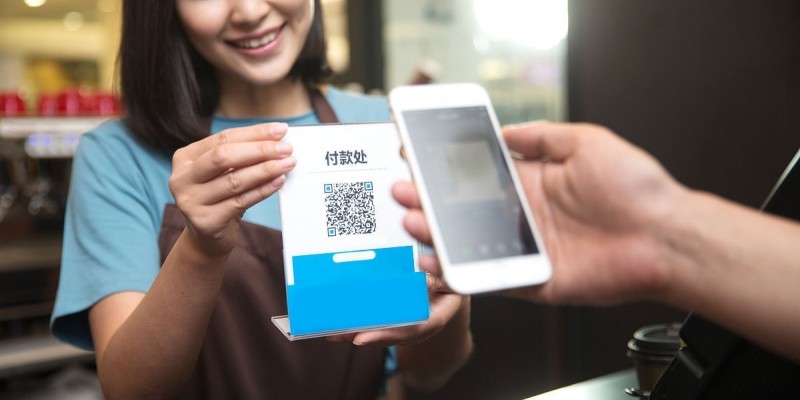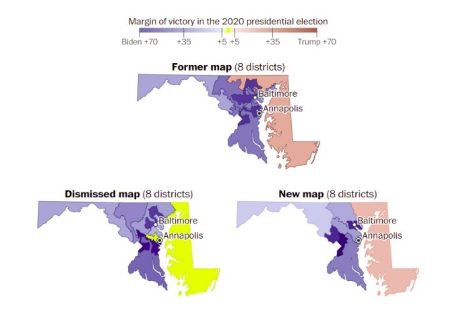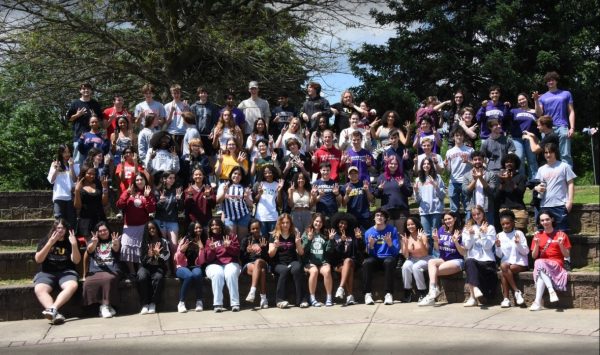Strides Toward a Cashless Society and its Implications
The development of cryptocurrencies further illuminates for us the possibility of a cashless society. With access to the internet, pocket computers, and blockchain as the distributed ledger, transactions can occur without physical notes and coins. In less than 10 years, the Bitcoin-spearheaded IT revolution has already created a $500 billion industry. Now, governments and central banks in China, Ecuador, the Philippines, the U.K. and Canada intend to issue their own digital currency. However, Cryptocurrencies certainly are not the only way we are marching toward a cashless society.
Around the developing world, QR codes, outcompeting Apple Pay and other similar payment services for consumers and businesses, are keen to go cashless. In China, for example, a new payment model created by tech giants has revolutionized transactions in urban areas. When I went home during breaks over the past three years, I almost never used cash. Whenever purchasing goods or services, all I needed was my phone with WeChat, a Chinese multi-purpose messaging and social media app, installed and a bank account attached. Almost every store in Beijing has a QR code taped somewhere, and to make a purchase, I would simply scan it with my phone and enter the Yuan amount. It takes less than five seconds to complete a payment. A similar approach of QR code payment has also been adopted in Nigeria and India. Currently, a more ambitious step is being taken by a global payments consortium that includes MasterCard, Visa Inc., and the state-backed China UnionPay Co. that would extend China’s QR-payment standard globally. This would help ensure security in transactions flowing between banks and card companies.
Before we go cashless, implications should be considered. With the exception of decentralized cryptocurrencies, governments and banks will gain more power over individual privacy as transactions become more traceable. On the other hand, going cashless could help inhibit criminal activities and improve the accuracy of statistical indicators such as inflation and GDP. Money would also be much harder to hide from taxes. Another thing to note is the convenience a cashless society brings us, making transactions faster and cheaper. The poor would benefit from this by having the capability to pay bills or accept payments online without the need of a bank account. It is also interesting to see how we biologically will react to a cashless system. American cash is 75% cotton and 25% linen, making it extremely absorbent to a variety of bacteria, according to Chris Mason, a microbiologist at Cornell University. Reducing physical money may potentially make us healthier. Psychologically, loss aversion – or the sting of losing money – is much stronger than the satisfaction of gaining that same amount. This may affect us because, when we spend with cash, we see that money going away. If you don’t see this with a card or phone, this might prompt us to spend more.
These are the implications and inferences people made about a cashless future. As to whether it will truly benefit us, we’ll have to wait to find out.
Reference:
https://www.bloomberg.com/view/articles/2016-01-31/bring-on-the-cashless-future
https://www.bloomberg.com/view/articles/2017-07-19/china-s-cashless-revolution
http://www.businessinsider.com/cashless-society-health-effects-2016-10

Haoran Zhu
Class of 2018
Honest writer interested in economics and business












Thomas Perich • Jun 11, 2018 at 10:11 pm
There is this weird balance between the public wanting a more efficient way to spend their money, but at the same time becoming skeptical and hesitant to embrace the technology that comes with that. When I am in the store I am seeing more and more people paying directly with their phones or apple watches, but at the same time I am hearing more and more about internet accounts being hacked, or information being leaked. I think there will always be people who are skeptical of the digital shift, and so I think paper money will be around for a long time, but the digital shift is happening and it is hard to ignore the inevitable shift. We as humans love efficiency and while I don’t think our society will ever be “cashless” this shift has the potential to change how we spend our money drastically.
Yichen Fan • May 30, 2018 at 10:29 am
As a Chinese, I enjoy the conveniences that the cashless payment brings to us. It is no exaggeration to say that people can use their phone as a payment method at everywhere in China. However, sometimes after I use my phone to pay for my dinner, I feel unsafe about the payment system. What If some Hackers had collected my payment information to do some illegal things? This feeling makes me want to use cash to pay. Therefore, cashless payment will bring people more conveniences, but it will never take over the cash payment.
Hanke Chen • May 24, 2018 at 9:13 pm
The cultural difference is playing a huge role in establishing a cashless society. Unlike most of the Asian people, US constitution grants its citizens natural rights of privacy. Although companies promised not to use personal information in an inappropriate way, people worry about their privacy more than convenience. Besides privacy, oligopoly companies like to maintain their traditional ways of paying because the US is a pretty diverse country.
So, you see how GooglePay is unpopular…
A “communist” party is better at establishing markets than a capitalist country?